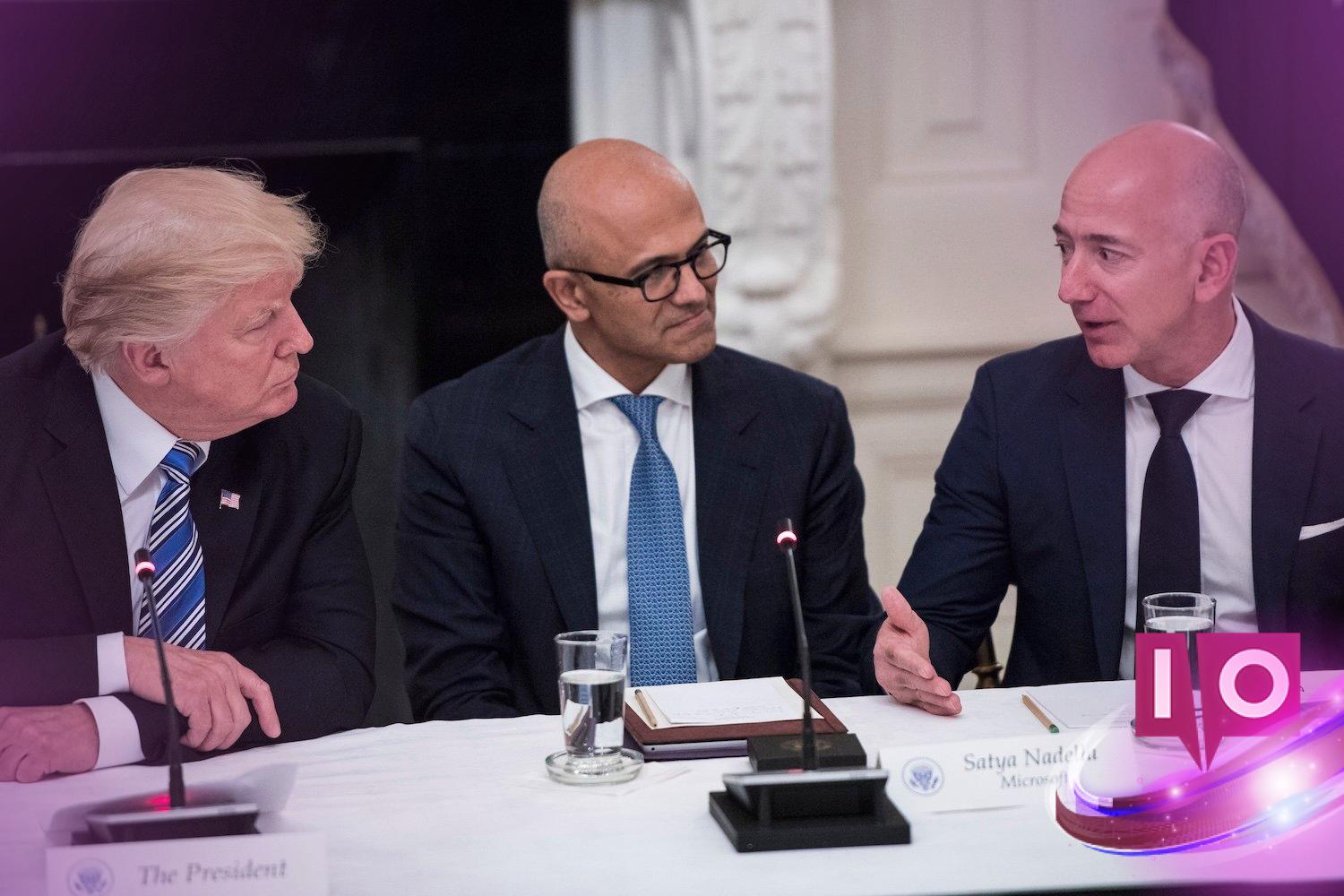Donald Trump’s latest intervention in corporate America raises eyebrows as he challenges Microsoft to dismiss its President of Global Affairs, Lisa Monaco. On Friday, he described Monaco as “Corrupt and Totally Trump Deranged,” attributing her past work to the Obama and Biden administrations. This public call for action seems to be influenced by far-right activist Laura Loomer, who has been vocal about her concerns over Monaco’s ties to previous administrations.
Monaco, who served as the deputy attorney general during Biden’s term and Homeland Security Advisor to Obama, is under scrutiny because of Microsoft’s significant contracts with the U.S. government. Trump alleges her potential influence poses a menace to national security, suggesting that her continued employment could jeopardize ongoing federal partnerships. “It is my opinion that Microsoft should immediately terminate the employment of Lisa Monaco,” Trump stated. Microsoft, however, chose not to comment on the matter when reached by Gizmodo.
Why does a sitting president weigh in on an employee who doesn’t even appear on Microsoft’s leadership team? It seems that Loomer has a hand in shaping Trump’s perspective here. Back in July, she criticized Monaco, linking her with Microsoft’s choice to employ engineers in China to provide tech support for the Defense Department—a connection that bears some resemblance to conspiracy theorizing. Loomer’s recent statement on X indicates she feels her influence is behind Trump’s call for Monaco’s termination, despite Monaco’s employment dating back to May.
In her post, Loomer tagged Microsoft CEO Satya Nadella, pressing him with a pointed question: “Are you going to comply?” This sentiment echoes previous warnings from officials like FCC head Brendan Carr, indicating an attempt to pressure corporations into aligning with political agendas.
While Trump’s public challenge may appear to be rooted in patriotism, one could argue that having Monaco in a corporate setting is preferable to her being involved in legal enforcement actions against potential corporate misdeeds. During her tenure with Biden, Monaco was instrumental in forming the National Cryptocurrency Enforcement Team, which has cracked down on crypto scams—activities from which Trump and his family have allegedly profited. Before her role in the current administration, she played a part in the high-profile prosecution of former Enron executives.
As the landscape of corporate America continues to intersect with political narratives, this situation prompts important questions about the influence of public figures on private sector employment decisions.
What are the implications of political pressure on corporate hiring practices? These pressures could lead to CEO decisions being influenced by external political motivations rather than the best interests of the company.
Does corporate America have a responsibility to align with certain political ideologies? This question is increasingly relevant as companies navigate their relationships with both government and public sentiment.
How can companies effectively manage the fallout from high-profile political involvement? Effective communication and transparent corporate strategies will be essential for companies aiming to withstand external pressures.
In what ways has corporate governance evolved in response to political activism? Corporate governance is adapting to the modern landscape, embracing the notion that firms have a social responsibility beyond profit.
As we observe these developments, it’s crucial to remain aware of the intersection between corporate decisions and political influence. Explore more on these relevant topics at Moyens I/O.
